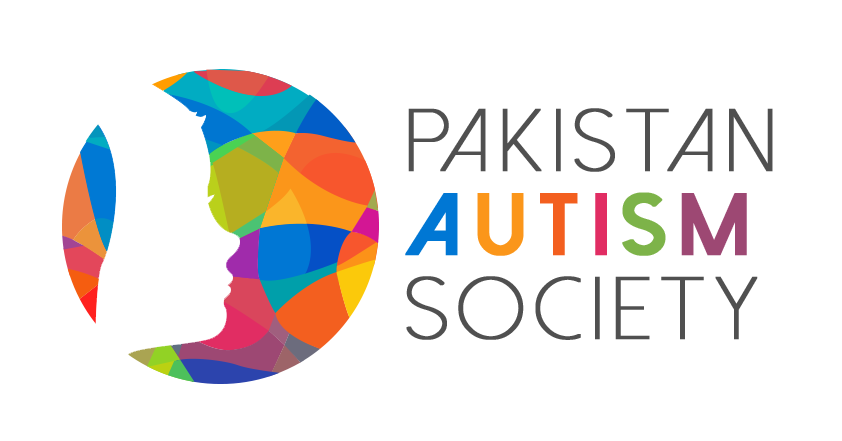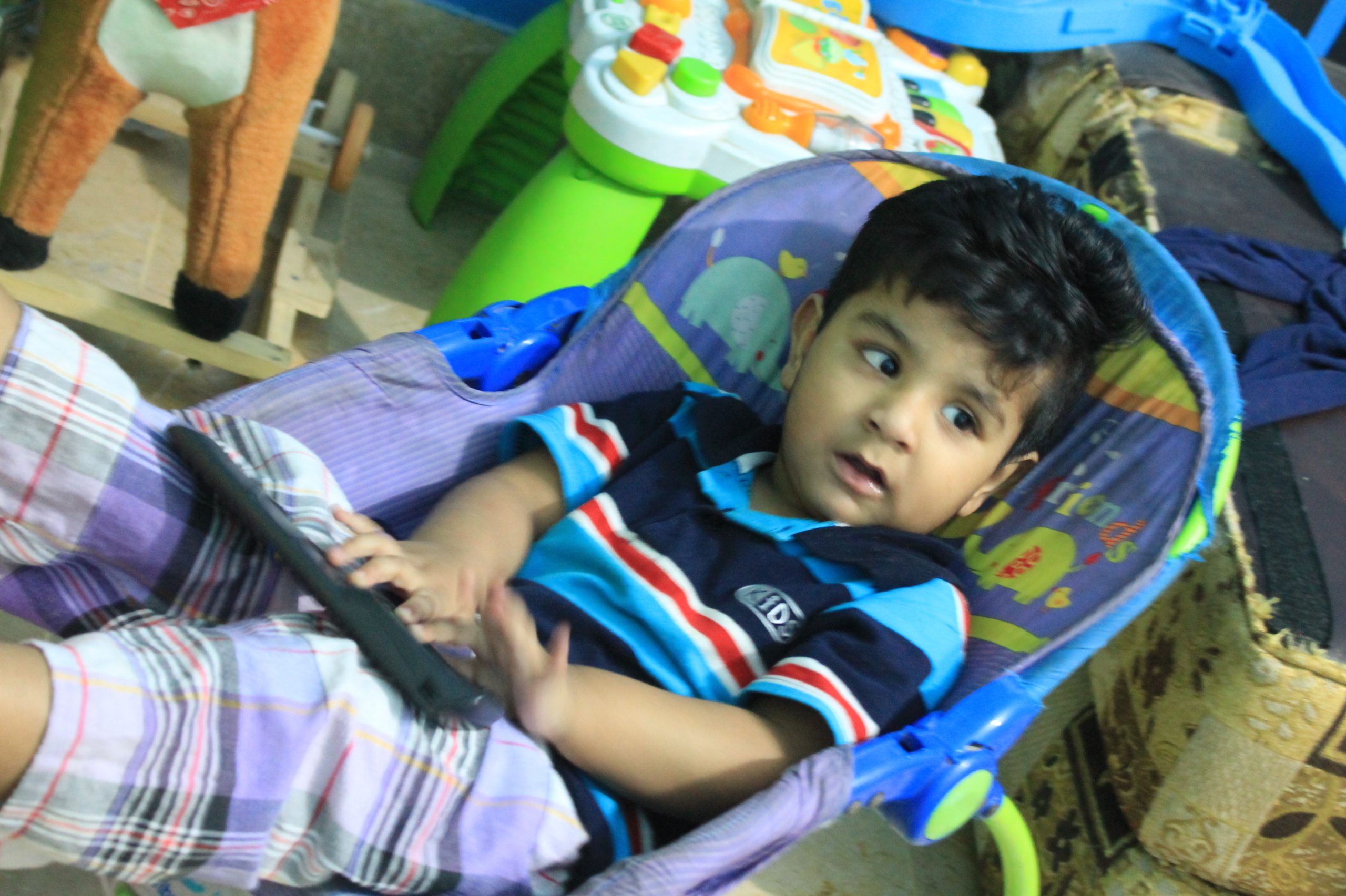Autism, a complex developmental disorder that affects communication, behavior, and social interaction, has been gaining increasing attention in Pakistan over the past few years. With growing awareness and improved diagnostic capabilities, the prevalence of autism spectrum disorder (ASD) cases in the country appears to be on the rise. This article explores the factors contributing to the growing recognition of autism in Pakistan and the challenges that come with it.
1. Increasing Awareness and Education
One of the primary reasons for the observed increase in autism cases in Pakistan is the growing awareness of the disorder among parents, caregivers, educators, and healthcare professionals. Organizations, both governmental and non-governmental, have been actively working to educate the public about the early signs of autism and the importance of early intervention. Through workshops, seminars, and awareness campaigns, parents are now better equipped to recognize potential signs of autism in their children, leading to more timely diagnoses and interventions.
2. Improved Diagnostic Facilities
As medical infrastructure improves in Pakistan, so does the capability to accurately diagnose autism. In the past, many cases of autism went undiagnosed due to a lack of specialized facilities and trained professionals. However, with the establishment of specialized autism clinics, testing centers, and developmental psychologists, there is now an increased capacity to identify and diagnose children with ASD.
3. Western Influence and Knowledge Sharing
The proliferation of information through the internet and social media has played a significant role in spreading knowledge about autism to regions like Pakistan. Parents and caregivers now have access to a wealth of resources and information about autism, including its signs, symptoms, and available interventions. Additionally, researchers and experts from around the world have been collaborating with Pakistani counterparts to share best practices in autism diagnosis and treatment.
Challenges:
1. Stigma and Social Attitudes
Despite the progress made in raising awareness, many families still face societal stigma and misconceptions related to autism. The lack of understanding about the disorder can lead to isolation and discrimination, making it difficult for families to access proper support and services.
2. Limited Resources
While efforts are being made to improve diagnostic and intervention facilities, there is still a shortage of resources dedicated to autism in Pakistan. Specialized therapies, speech and occupational therapy, and educational programs tailored for individuals with autism are often limited and inaccessible, particularly in rural areas.
3. Professional Training
A critical challenge in addressing the growing prevalence of autism is the shortage of trained professionals. Specialized training in the assessment and management of autism is essential for healthcare providers, educators, and therapists. Efforts to establish training programs and certification courses for professionals can help bridge this gap.
4. Financial Constraints
Raising a child with autism can be financially burdensome due to the costs associated with therapies, medications, and specialized education. Many families in Pakistan, especially those from lower socio-economic backgrounds, struggle to afford the necessary support for their children with autism.
Conclusion:
The growing awareness of autism in Pakistan signifies a positive shift toward early detection and intervention for individuals with ASD. However, there are significant challenges that need to be addressed to ensure that those affected by autism receive the necessary care and support. By reducing stigma, improving access to resources, enhancing professional training, and implementing supportive policies, Pakistan can better meet the needs of its growing autism community and help individuals with autism lead more fulfilling lives.













